Indonesia Placed on Global Watchlist as Prabowo Government Cracks Down on Dissent
Independent journalism has also come under attack. A journalist from critical outlet Tempo received a pig’s head in the mail, was doxxed, and saw their family threatened. In March, parliament passed a new rule requiring foreign journalists to obtain police clearance before reporting in Indonesia—raising red flags over press freedom.
Beyond physical repression, the government has rushed through repressive legal changes, including revisions to the Criminal Procedure Code (KUHAP) and National Police Law that broaden state powers without proper accountability. In June, a data-sharing agreement with major telecom operators intensified fears of mass surveillance. The widely criticized Electronic Information and Transactions Law (UU ITE) continues to be used to silence online dissent.
In Bantaeng, South Sulawesi workers at PT Huadi Nickel Alloy in Bantaeng Industrial Park (KIBA), South Sulawesi, are striking against unilateral layoffs, unpaid overtime, and wages below. Since July 14, 2025, the strike has exposed systemic exploitation, including 12-hour shifts without breaks and mass furloughs of 950 workers—blamed on falling nickel prices but seen as cost-cutting amid rising mining royalties . Police have intervened to disperse protests, while the Chinese-owned smelter, part of Indonesia’s National Strategic Project, refuses negotiations, exacerbating tensions .
The Prabowo administration faces criticism for prioritizing foreign investment over labor rights, as Huadi’s violations—from environmental damage to wage theft—go unchecked . Workers demand back pay, reinstatement, and an independent audit, but local authorities urge bureaucratic dispute mechanisms instead of immediate action . The conflict underscores the irony of Indonesia’s nickel downstreaming agenda: while fueling global electric vehicle supply chains, it impoverishes workers and communities .



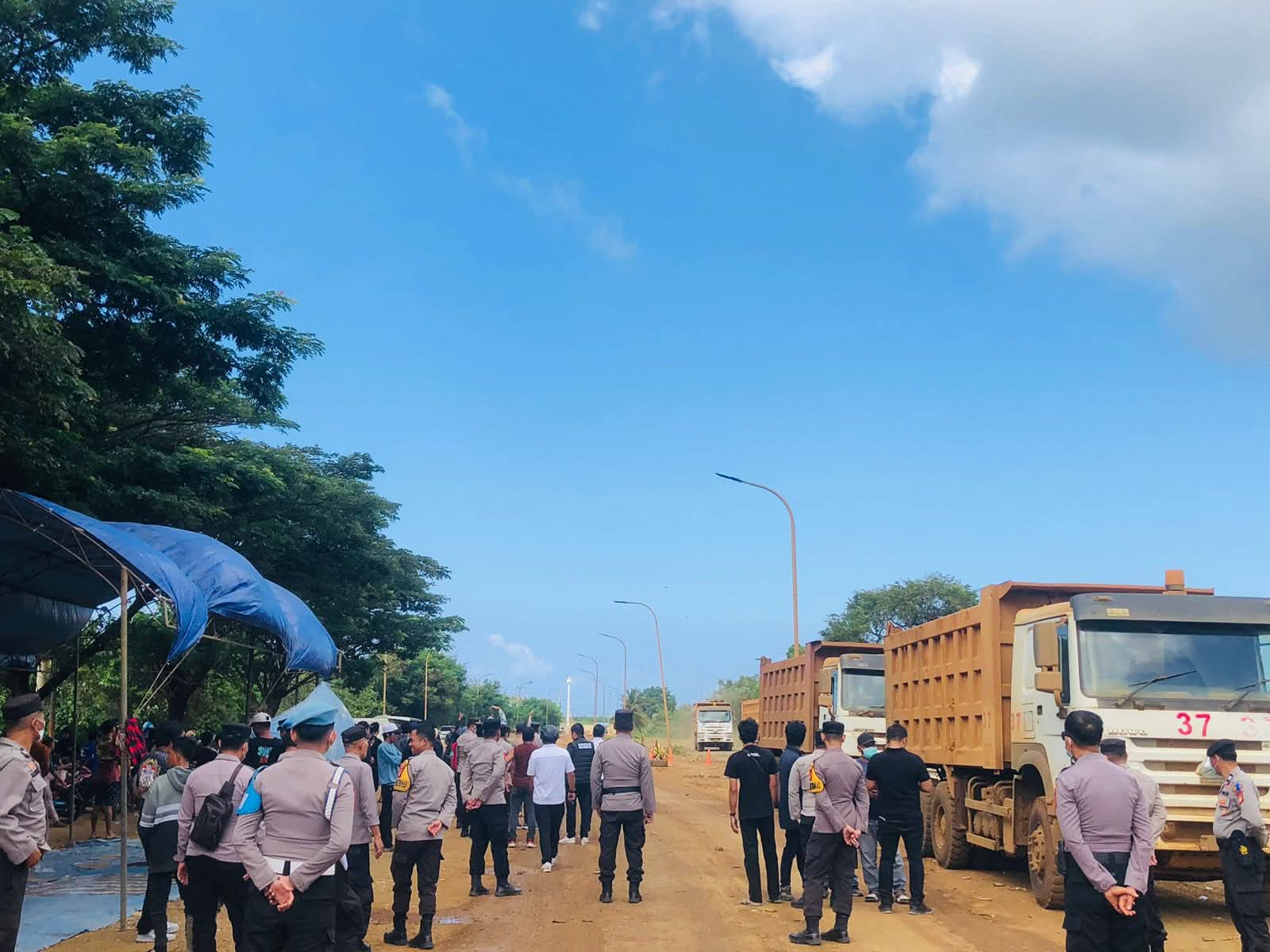





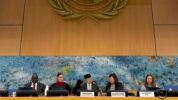









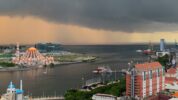



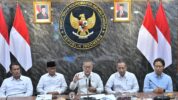

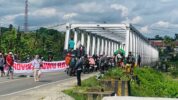
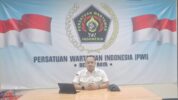
Tinggalkan Balasan